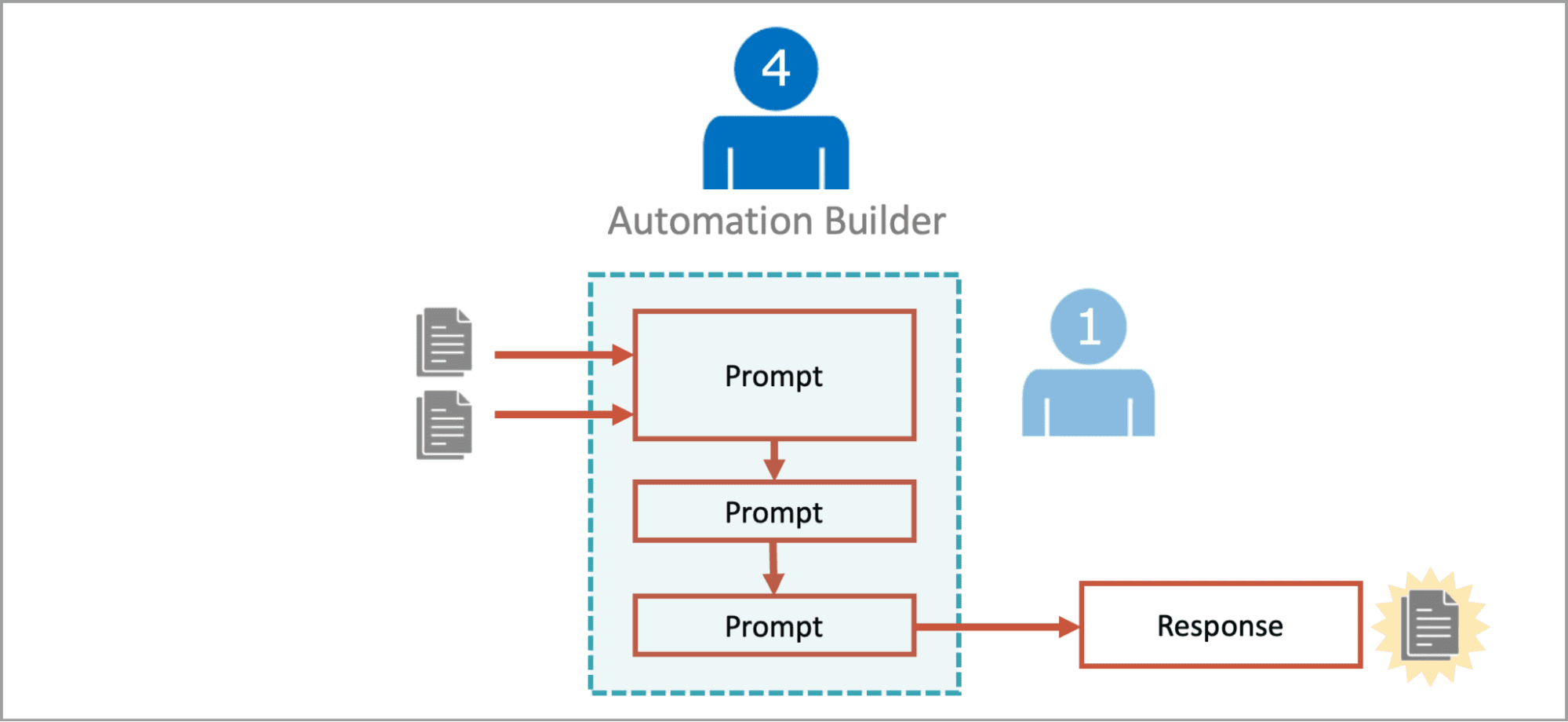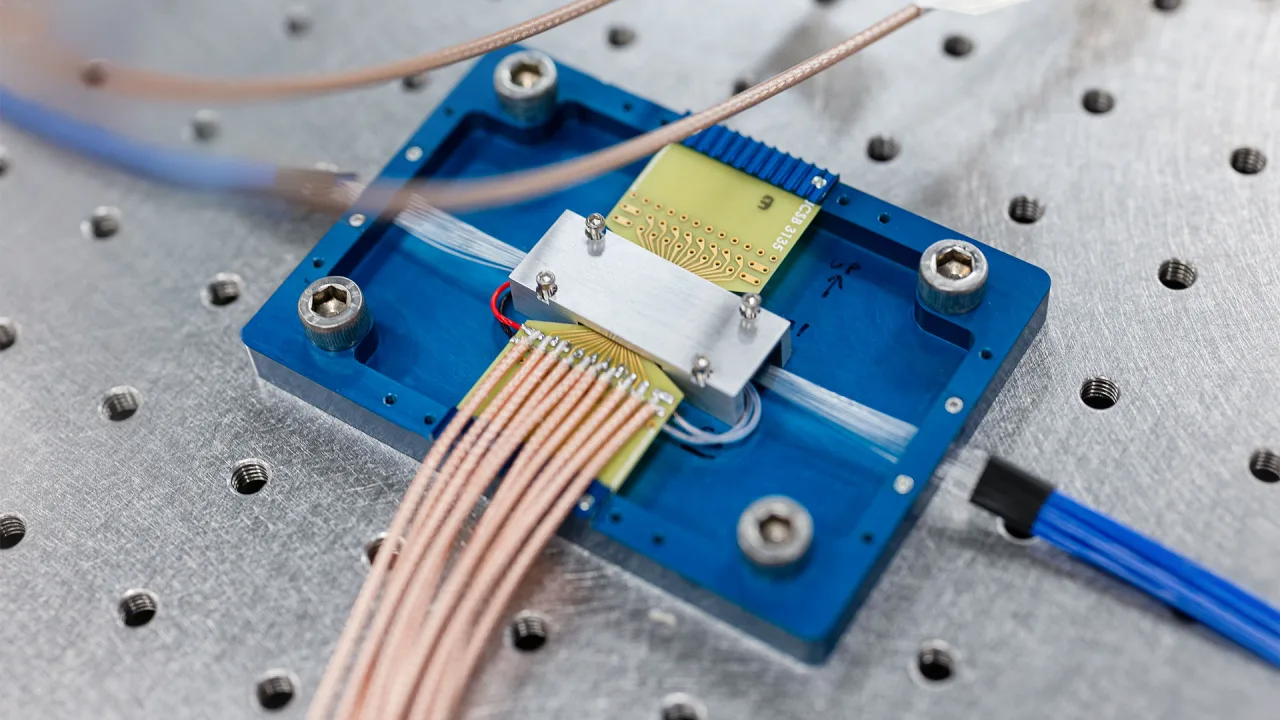Pap smears suck. This tampon-like device lets you screen for cervical cancer at home
As a woman in the United States, turning 21 means beginning a lifelong journey of getting a pap spear every three years. It’s not a pleasant experience. You’ll lie down with your legs in stirrups, while your doctor inserts a speculum inside your vagina. Then, she or he will take a sample from your cervix with a hard plastic device to figure out if you have any trace of HPV (the human papillomavirus), a sexually transmitted infection that can cause cervical cancer, or cancerous and precancerous cells. Starting today, however, there’s an easier solution. Teal Health, a woman’s health company founded in 2020, has developed a new product that allows you to take a sample at home and send it to a lab for testing. Today, the device received FDA approval, so it is now possible to order one online. It will be covered by insurance. The company is still working on out-of-pocket pricing, but aims to make the product as affordable and accessible for women as possible. Teal was founded by Kara Egan, a health tech investor, and Avnesh Thako, an interventional radiologist and Stanford School of Medicine professor. Egan realized that many women were skipping their pap smears. (In 2019, 23% of women were overdue for their cervical cancer screening.) But cervical cancer is the fourth deadliest cancer among women. “It’s just so easy to accidentally skip your appointment,” says Egan. “That’s especially true if you don’t have insurance or don’t have a doctor you see regularly.” Some proportion of women also skip their pap smear because the process itself is so uncomfortable. “It can feel like a very violating experience, but it is also so important,” Egan says. [Photo: Teal Health] How Teal works Working with the design studio Ideo, Egan and Thako have developed a device that looks a like a tampon and is designed be comfortable to insert with a plastic applicator. Ideo designed the wand so women could use it with one hand while standing up while in the bathroom. A woman will insert the wand into her vagina and use a thumb-operated wheel to deploy a sponge at the tip. Spinning the sponge collects cell samples from the cervix. From there, she can use the wheel to retract the sponge back into the wand to prevent contamination. The sponge pops off the applicator, and is then sent to a lab where it will be tested. Teal is a telemedicine platform. When you buy the wand, you will see a doctor online who will walk you through the process of using the device. If the results come back abnormal, the doctor will walk through the results with you and also talk about the next steps, which likely will involve seeing a doctor and following some sort of treatment plan. Part of what motivated Egan to pursue this device is that cervical cancer can be easily treated with early testing. HPV is a common virus that is commonly spread through sex or skin-to-skin contact. These is now a vaccine that pediatricians give to both girls and boys that reduces the risk of contracting HPV. Most HVP infections don’t lead to cancer. But if even a woman does get infected with HVP, it is relatively easy to clear the infection if it is detected early enough. By taking a sample of cervical cells, we are now able to identify the 14 different kinds of pre-cancerous cells associated with cervical cancer. “If you screen for cervical cancer and catch it early, it is nearly 100% curable,” says Egan. After developing the wand, Teal health has done clinical trials to identify its effectiveness. Then, the company sent the results to the FDA to get approval to start selling the device. That approval came through today. Teal’s wand will be available through the brand’s website. The product will be covered by insurance. But the company also wants to make it available to women who aren’t covered by insurance. It hasn’t established the out-of-pocket cost yet, but Egan promises that the final pricing will be as affordable to as many women as possible. It will also have a donation program, so that some women can get the test for free. “We will find ways for people who don’t have the means to make sure they’re still accessing screening,” she says. “No one needs to get cervical cancer.”
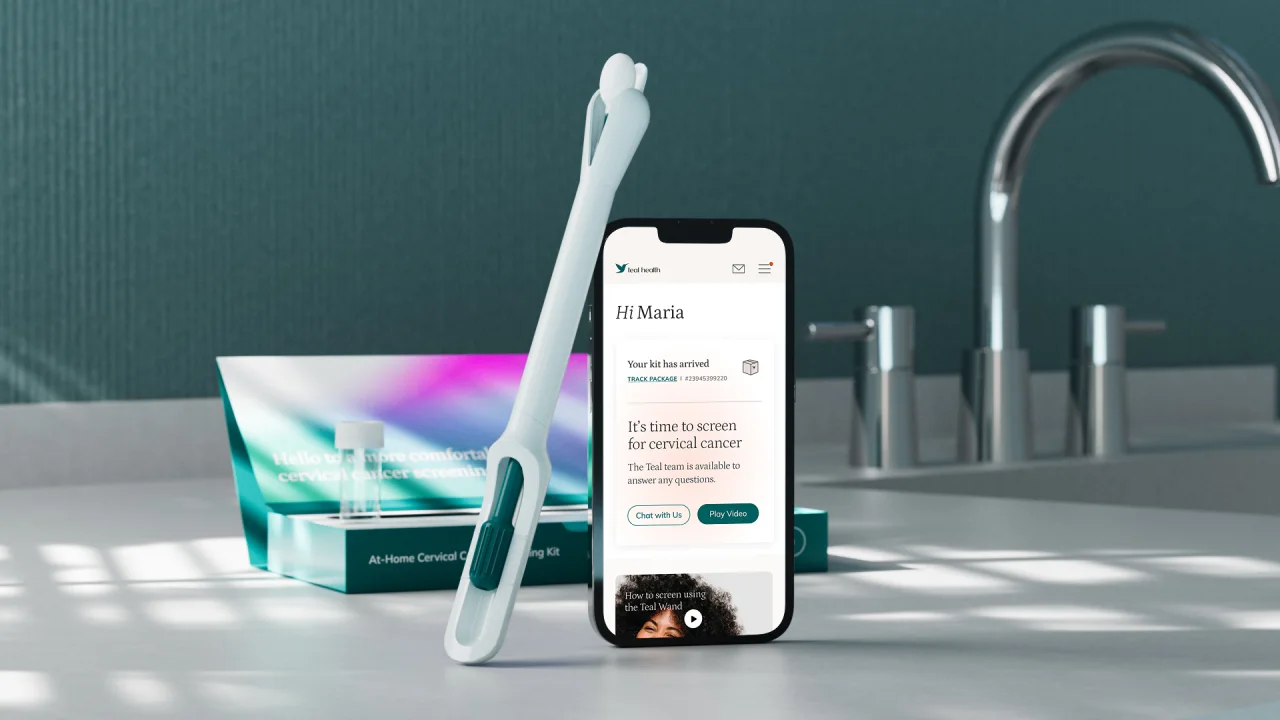
As a woman in the United States, turning 21 means beginning a lifelong journey of getting a pap spear every three years.
It’s not a pleasant experience. You’ll lie down with your legs in stirrups, while your doctor inserts a speculum inside your vagina. Then, she or he will take a sample from your cervix with a hard plastic device to figure out if you have any trace of HPV (the human papillomavirus), a sexually transmitted infection that can cause cervical cancer, or cancerous and precancerous cells.
Starting today, however, there’s an easier solution. Teal Health, a woman’s health company founded in 2020, has developed a new product that allows you to take a sample at home and send it to a lab for testing. Today, the device received FDA approval, so it is now possible to order one online. It will be covered by insurance. The company is still working on out-of-pocket pricing, but aims to make the product as affordable and accessible for women as possible.
Teal was founded by Kara Egan, a health tech investor, and Avnesh Thako, an interventional radiologist and Stanford School of Medicine professor. Egan realized that many women were skipping their pap smears. (In 2019, 23% of women were overdue for their cervical cancer screening.) But cervical cancer is the fourth deadliest cancer among women. “It’s just so easy to accidentally skip your appointment,” says Egan. “That’s especially true if you don’t have insurance or don’t have a doctor you see regularly.”
Some proportion of women also skip their pap smear because the process itself is so uncomfortable. “It can feel like a very violating experience, but it is also so important,” Egan says.
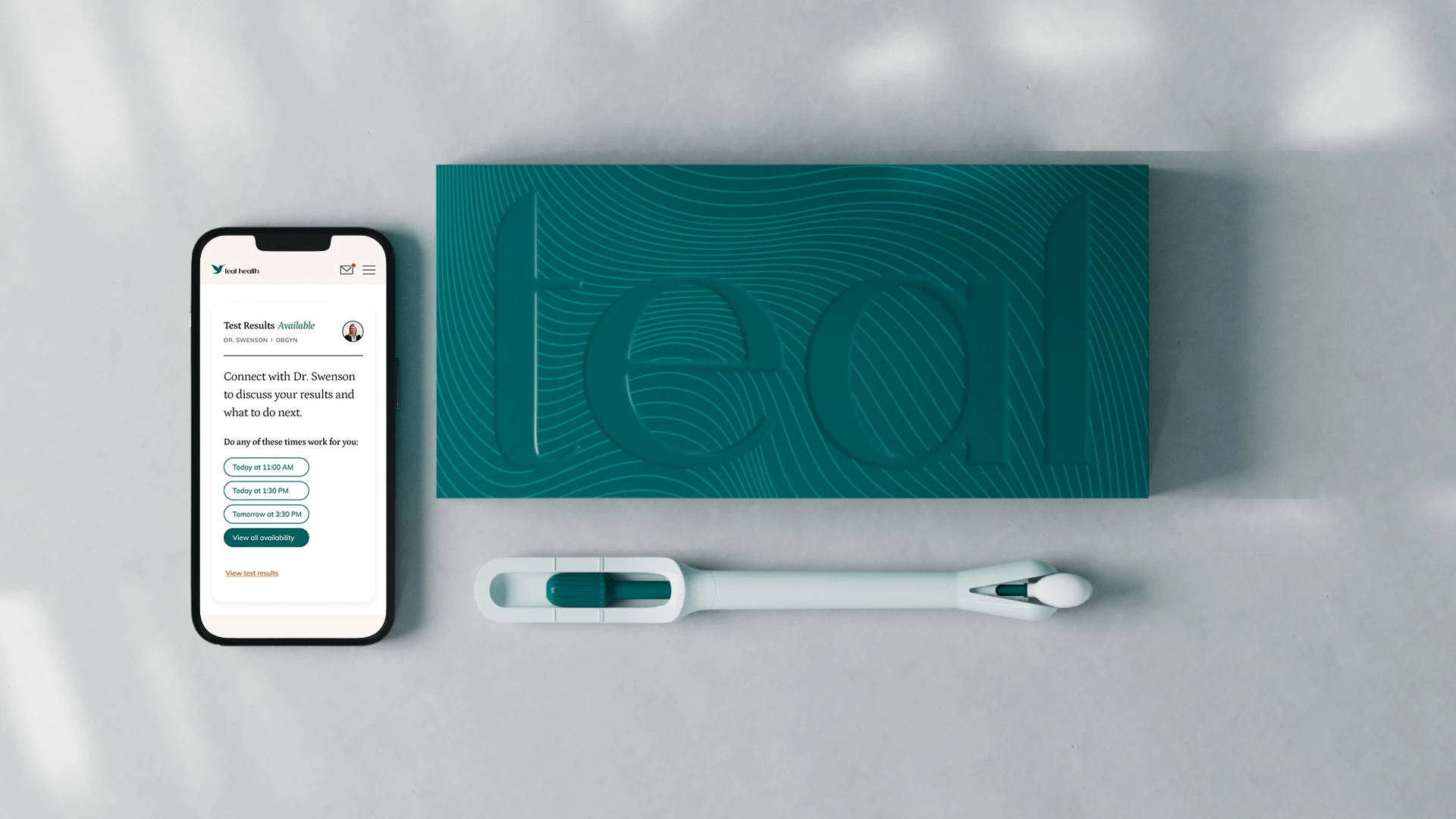
How Teal works
Working with the design studio Ideo, Egan and Thako have developed a device that looks a like a tampon and is designed be comfortable to insert with a plastic applicator. Ideo designed the wand so women could use it with one hand while standing up while in the bathroom.
A woman will insert the wand into her vagina and use a thumb-operated wheel to deploy a sponge at the tip. Spinning the sponge collects cell samples from the cervix. From there, she can use the wheel to retract the sponge back into the wand to prevent contamination. The sponge pops off the applicator, and is then sent to a lab where it will be tested.
Teal is a telemedicine platform. When you buy the wand, you will see a doctor online who will walk you through the process of using the device. If the results come back abnormal, the doctor will walk through the results with you and also talk about the next steps, which likely will involve seeing a doctor and following some sort of treatment plan.
Part of what motivated Egan to pursue this device is that cervical cancer can be easily treated with early testing. HPV is a common virus that is commonly spread through sex or skin-to-skin contact. These is now a vaccine that pediatricians give to both girls and boys that reduces the risk of contracting HPV. Most HVP infections don’t lead to cancer. But if even a woman does get infected with HVP, it is relatively easy to clear the infection if it is detected early enough.
By taking a sample of cervical cells, we are now able to identify the 14 different kinds of pre-cancerous cells associated with cervical cancer. “If you screen for cervical cancer and catch it early, it is nearly 100% curable,” says Egan.
After developing the wand, Teal health has done clinical trials to identify its effectiveness. Then, the company sent the results to the FDA to get approval to start selling the device. That approval came through today.
Teal’s wand will be available through the brand’s website. The product will be covered by insurance. But the company also wants to make it available to women who aren’t covered by insurance. It hasn’t established the out-of-pocket cost yet, but Egan promises that the final pricing will be as affordable to as many women as possible. It will also have a donation program, so that some women can get the test for free. “We will find ways for people who don’t have the means to make sure they’re still accessing screening,” she says. “No one needs to get cervical cancer.”








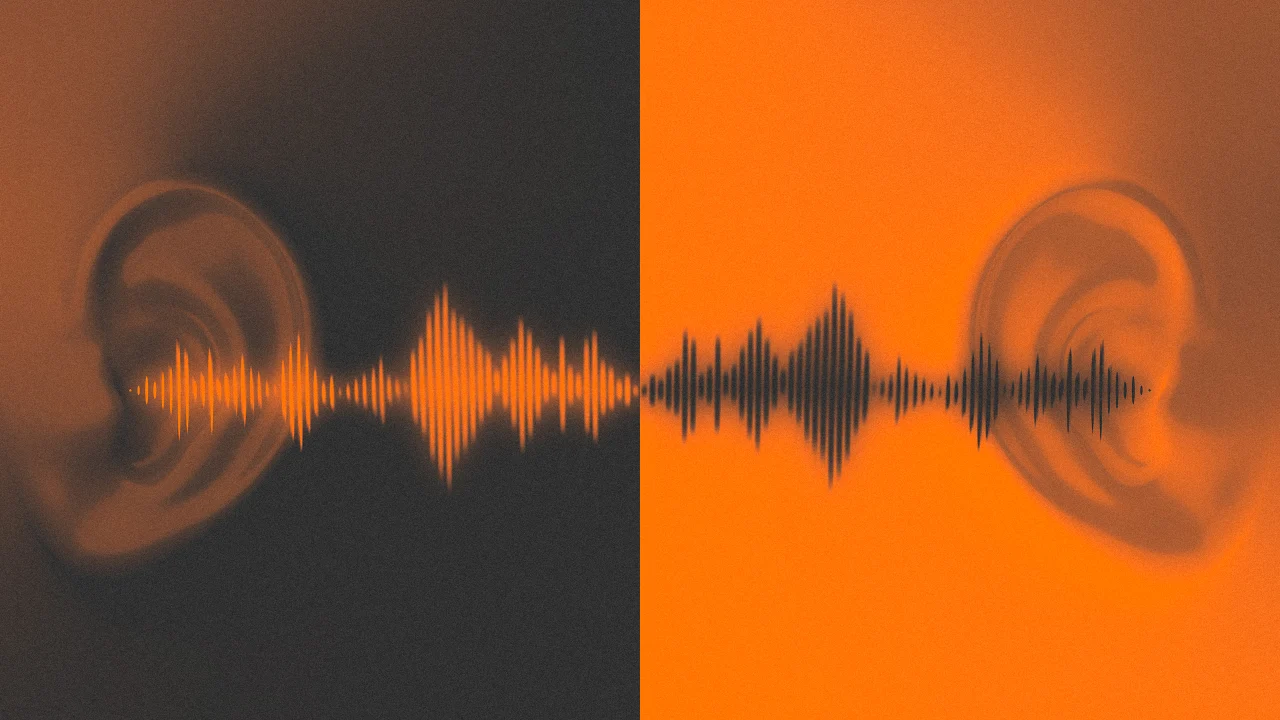








































































![Even More Tenets for Effective Product [Marketing] Management](https://miro.medium.com/v2/resize:fit:1200/1*V8x4049v_8xfx7ZIFmaL0w.jpeg)














































